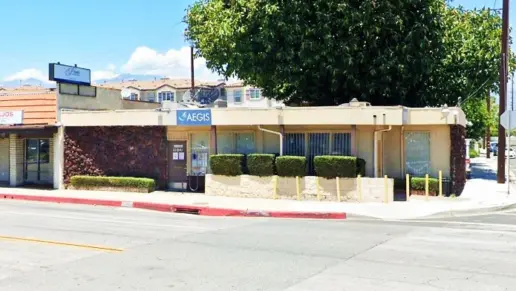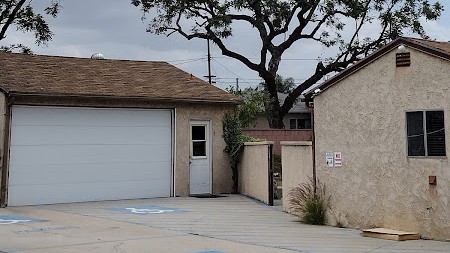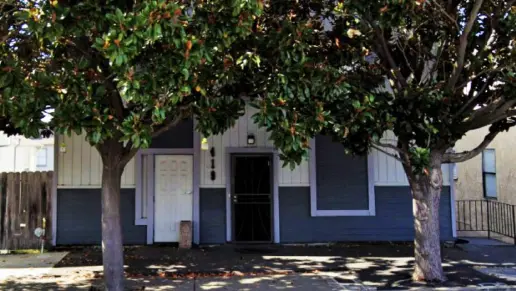About Roque Center
The Roque Center, a social model, peer-focused alcohol and drug rehab treatment facility for men and women, is located in Stanton, California. It offers a residential program that is licensed by the California Department of Health Care Services. Nonmedical detoxification services are available.
Detox at The Roque Center involves bed rest, comfort care, nutritional support and structured group discussions and activities.
Residential treatment at The Roque Center provides a home-like setting with 24 hour supervision and a peer social model recovery program. The program uses education, individual and group counseling and an opportunity for participants to learn and practice alternative coping skills and the use of positive social interactions. 12 Step peer recovery programming is integral to the program as well and is part of the regular curriculum. The Center also hosts a 12 Step meeting with a speaker every Sunday at 10 am.
The Roque Center accepts clients regardless of ability to pay. Government grants may be available. Major carriers such as Aetna, Blue Cross/Blue Shield, Cigna and Beacon Health Options will cover some or all the costs of addiction rehab treatment that is deemed medically necessary. Out of network benefits vary, so you would need to contact your provider to verify your specific insurance coverage.
Latest Reviews
Rehab Score
Gallery
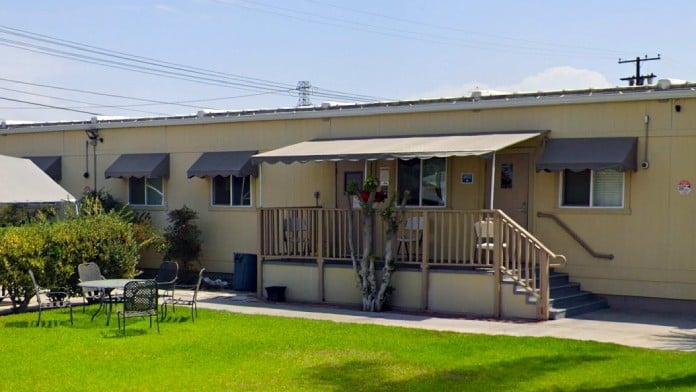
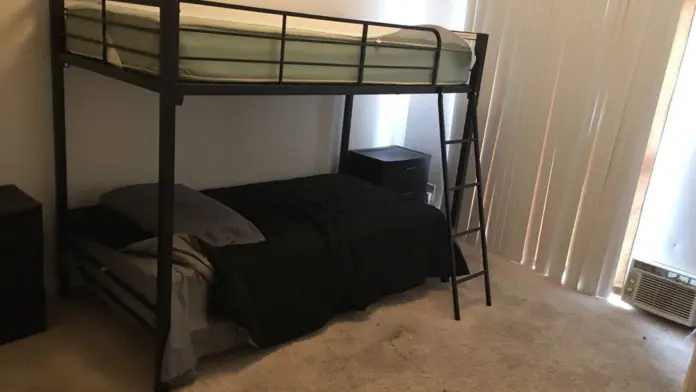
Location
Accepted Insurance
Other Forms of Payment
Self-pay involves paying for treatment out of your own pocket. You can use savings or credit, get a personal loan, or receive help from family and friends to fund your treatment. If you don't have insurance or your insurance plan doesn't cover a specific program, self-pay can help ensure you still get the care you need.
Sliding scale payments are based on a client's income and family size. The goal is to make treatment affordable to everyone. By taking these factors into account, addiction recovery care providers help ensure that your treatment does not become a financial burden to you or your family, eliminating one barrier to care.
Private insurance refers to any kind of healthcare coverage that isn't from the state or federal government. This includes individual and family plans offered by an employer or purchased from the Insurance Marketplace. Every plan will have different requirements and out of pocket costs so be sure to get the full details before you start treatment.
Addiction Treatments
Levels of Care
Treatments
The goal of treatment for alcoholism is abstinence. Those with poor social support, poor motivation, or psychiatric disorders tend to relapse within a few years of treatment. For these people, success is measured by longer periods of abstinence, reduced use of alcohol, better health, and improved social functioning. Recovery and Maintenance are usually based on 12 step programs and AA meetings.
Drug rehab in California teaches participants constructive ways to stay clean and sober. Treatment revolves around helping individuals stop using the substance they are addicted to and learn healthy habits to avoid relapse.
Opioid rehabs specialize in supporting those recovering from opioid addiction. They treat those suffering from addiction to illegal opioids like heroin, as well as prescription drugs like oxycodone. These centers typically combine both physical as well as mental and emotional support to help stop addiction. Physical support often includes medical detox and subsequent medical support (including medication), and mental support includes in-depth therapy to address the underlying causes of addiction.
Substance rehabs focus on helping individuals recover from substance abuse, including alcohol and drug addiction (both illegal and prescription drugs). They often include the opportunity to engage in both individual as well as group therapy.
Programs


Clinical Services
Group therapy is any therapeutic work that happens in a group (not one-on-one). There are a number of different group therapy modalities, including support groups, experiential therapy, psycho-education, and more. Group therapy involves treatment as well as processing interaction between group members.
In individual therapy, a patient meets one-on-one with a trained psychologist or counselor. Therapy is a pivotal part of effective substance abuse treatment, as it often covers root causes of addiction, including challenges faced by the patient in their social, family, and work/school life.
Life skills trainings involve all the skills a person must have in order to function successfully in the world. These include time management, career guidance, money management, and effective communication. Truly successful addiction recovery is based on the ability to not only live substance-free, but to thrive. Life skills teaches the practical necessities of functioning in society, which sets clients up for success in life, and therefore sobriety.
Amenities
-
Private Setting
Staff

Executive Director

Program Director

President, BOD

Secretary, BOD

Treasurer, BOD
Contact Information
10936 Dale Ave
Stanton, CA 90680






